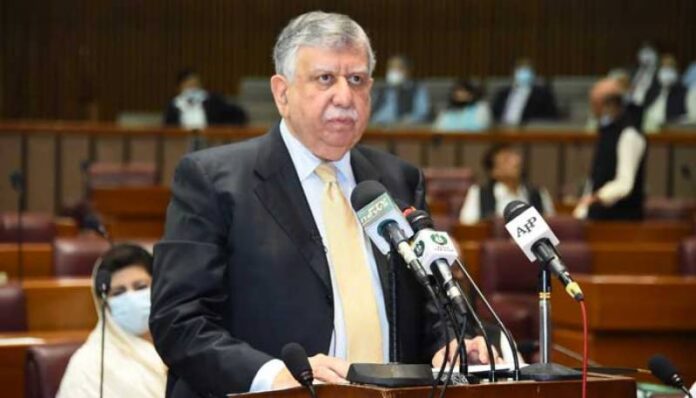Pakistan’s talks with the International Monetary Fund (IMF) stalled after the IMF refused to move on its demand for a Rs4.95 per unit increase in energy tariffs and the imposition of Rs150 billion in levies.
For the time being, Islamabad has refused to accept both of these demands, and Finance Minister Shaukat Tarin is expected to rescind some of the harsh tax policies included in the Finance Bill 2021, which was unveiled on June 11.
The minister will bring the general budget debate to a close and make some additional announcements.
Tarin may announce the removal of Rs10 billion in taxes levied on the salaried class, as well as the retention of the current sales tax rate on dairy products, plants, machinery, and maize seed, as well as some relief for the banking sector.
“The IMF Board meeting occurred on July 7, but we need additional time to finish the discussions,” the minister said at a National Assembly Standing Committee on Finance hearing on Thursday.
“The 6th and 7th programme reviews will be combined, and the board will now convene in September,” he said.
On Wednesday, the minister claimed he had a lengthy discussion with the IMF about two lingering issues: imposing a Rs150 billion personal income tax and raising power costs by Rs4.95 per unit.
According to him, the IMF demanded that the government raise the price of Rs1.39 per unit in June and Rs3.56 per unit in July.
“This is the incorrect way to approach things, and we will be adding to the people’s and industry’s burdens,” he continued.
“Even if we shield poor people from rising electricity costs, the cost of electricity for business would rise, raising the pricing of their products.”


